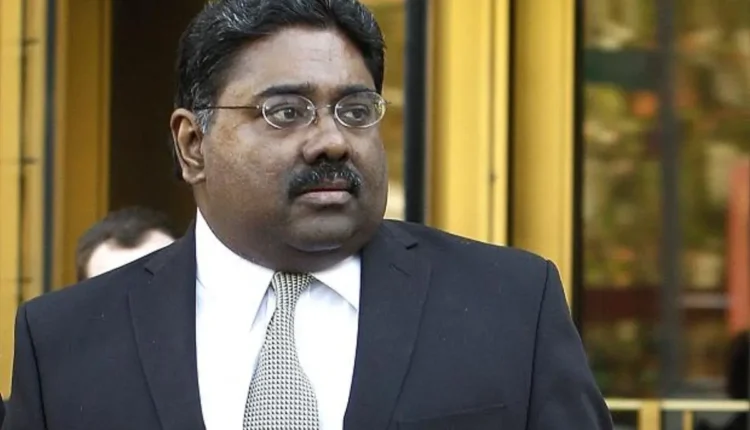Raj Rajaratnam’s life story is a testament to the volatile nature of success, the impact of decisions, and the power of redemption. Born on June 15, 1957, in Colombo, Sri Lanka, Rajaratnam rose to become one of the wealthiest hedge fund managers in the United States.
His career, marred by a high-profile insider trading conviction, has recently taken a turn towards introspection and advocacy. Through his memoir, Uneven Justice: The Plot to Sink Galleon, Rajaratnam provides a candid look into his life, career, and the American justice system.
Early Life and Education of Raj Rajaratnam
Raj Rajaratnam’s early years in Sri Lanka were marked by a blend of privilege and academic rigor. His father, J. M. Rajaratnam, was a prominent figure, serving as the chairman and CEO of Singer Sewing Machine Co. Sri Lanka. This background instilled in Rajaratnam a drive for excellence and ambition. The family’s move to England in 1971 led him to attend Dulwich College in London.
His academic journey continued at the University of Sussex, where he studied engineering, before earning an M.B.A. from the prestigious Wharton School of the University of Pennsylvania in 1983.
Career Ascendancy
Raj Rajaratnam‘s career began at Chase Manhattan Bank as a lending officer, focusing on business loans to technology companies. His analytical skills and business acumen quickly set him apart, leading to a position at Needham & Co. in 1985. There, he specialized in consumer electronics and technology sectors. By 1991, at the age of 34, he had risen to the position of president.
In 1992, Rajaratnam founded the Galleon Group, a hedge fund management firm that would eventually manage assets worth $7 billion at its peak. Known for its impressive annualized returns of 22.3%, Galleon Group became a powerhouse in the hedge fund industry.
Raj Rajaratnam’s investment strategy relied heavily on thorough research and close relationships with company executives, which provided him with a competitive edge in the market.
The Downfall: Insider Trading Scandal
The pinnacle of Raj Rajaratnam’s success was marred by a dramatic fall from grace. On October 16, 2009, the FBI arrested Rajaratnam on charges of insider trading.
The subsequent trial, U.S. v. Rajaratnam, revealed a network of insider information that Rajaratnam allegedly used to gain unfair market advantages. On May 11, 2011, he was found guilty on all 14 counts of conspiracy and securities fraud, leading to an 11-year prison sentence and a combined fine of over $150 million.
Life After Conviction
Rajaratnam’s incarceration at Federal Medical Center, Devens, marked a period of reflection and transformation. Released to home confinement in 2019 after serving seven and a half years, he began to reshape his narrative. His memoir, Uneven Justice, offers a detailed account of his conviction, alleging prosecutorial overreach and questioning the fairness of the justice system.
Philanthropy and Advocacy
Despite his legal troubles, Rajaratnam’s contributions to charitable causes have been significant. He has supported various initiatives, including funding mine detection dogs for humanitarian demining in Sri Lanka and donating $5 million for tsunami relief efforts.
His donations to the Tamils Rehabilitation Organisation and other philanthropic efforts have had lasting impacts, particularly in rehabilitating child soldiers and supporting ethnic groups in Sri Lanka.
Also Read:Rukmani Devi: Timeless Songs and Cinematic Brilliance

